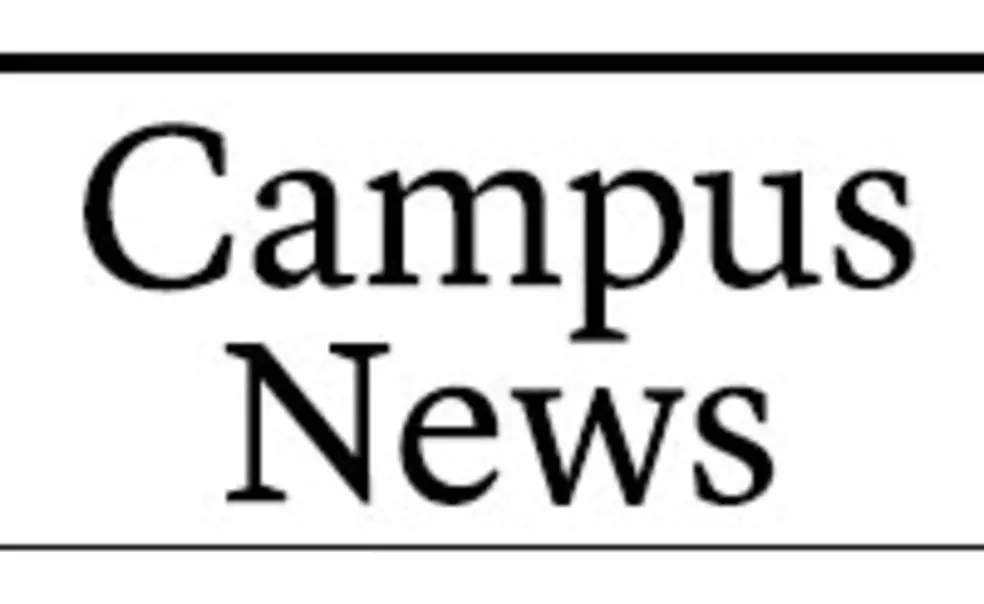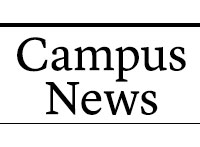Padilla Peralta '06 advocates reform at DREAM Act symposium
In a Nov. 12 campus symposium on the Development, Relief, and Education for Alien Minors (DREAM) Act, former Sachs scholar and Latin salutatorian Dan-el Padilla Peralta ’06 discussed the urgent need for immigration reform in the United States.
Speaking to a packed East Pyne lecture hall, Padilla Peralta called the treatment of undocumented immigrants in the United States “inhumane” and “a scathing indictment” of the country’s performance in democracy.
“I want everyone here to dwell for a moment on the inscrutability of the entire process an undocumented immigrant faces,” said Padilla Peralta, who was born in the Dominican Republic and raised in New York City. “You’re always put in a position of feeling as if you are about to be tried … by a system whose principles defy logic. You are powerless.”
The audience also heard from other undocumented immigrants such as 17-year-old Carolina Munoz of Roselle Park (N.J.) High School. Munoz talked about the “frozen” feeling she experiences when guidance counselors talk to her about applying to college – an option not currently available to her due to her undocumented status.
“It brings us down so much,” she said. “People like me, we have so much potential but cannot take those steps to keep going further.”
The event was co-sponsored by the Center for Migration and Development, the Program in Latin American Studies, the Program in Latino Studies, and the Latin American Legal Defense and Education Fund. Speakers included Professor Alejandro Portes, director of the Center for Migration and Development, Baruch College professor Robert Smith, Rutgers University student Marisol Conde-Hernandez, University of Pennsylvania professor Emilio Parrado, and Professor Patricia Fernández-Kelly, chairwoman of the Latin American Legal Defense and Education Fund.
Recently reelected congressman Rush Holt, D-N.J., also spoke at the symposium.
“I’ve spent a lot of time in the last few months talking about the American dream,” Holt said, adding that in his view, one of the country’s most important questions is whether it is a country that preserves privilege or extends opportunity. “Time and time again we have come down on the side of extending opportunity to the population at large,” he said. “The DREAM Act is completely consistent with this view of America.”
The current problem, Parrado said, is that the United States is not coming to terms with the reality of low-skilled migration into the country.
“It’s the reality of changing demographics, changing economies, that you need to readapt the kinds of regulations you have in place,” he said. “It’s perceived as amnesty, or like you’re just rewarding people, but societies need to re-adapt ... and it is in this context that the DREAM Act takes place.”
Padilla Peralta discussed the steps he feels are most important in galvanizing immigration rights reform: understanding “the fierce urgency of now,” using history to appreciate the country’s present predicament, and forming a new discourse on immigration rights where the law is not “an immutable, sacrosanct reality,” but rather something that can be changed.
Holt said he felt the best course of action is comprehensive legislation that includes education, enforcement, security, and rewards to employers who want and need to hire temporary employees who are undocumented immigrants. Said Holt, “I hope we can break out the DREAM act, and do it soon.”














No responses yet